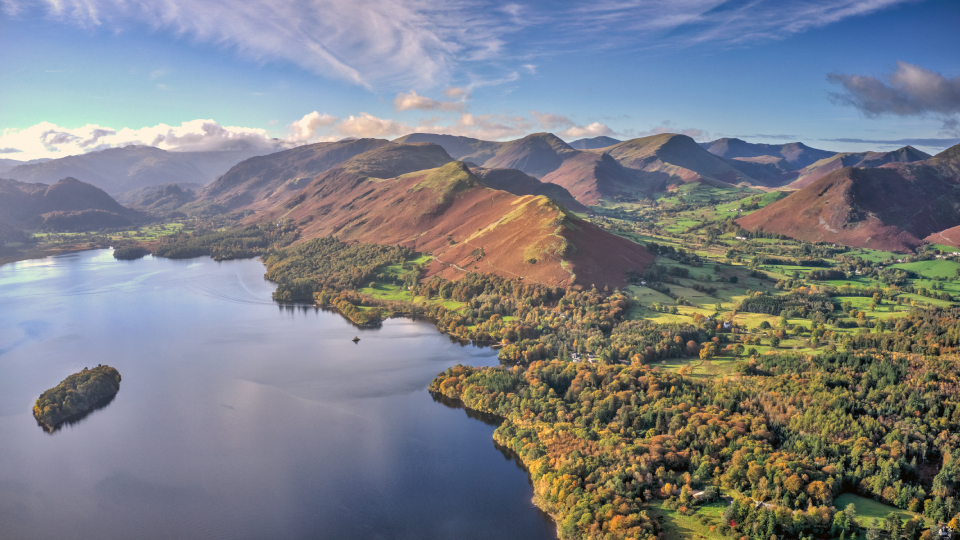Over the last two decades, national parks across England have been removing stiles as part of a programme of measures to create more easy-to-navigate walking routes. Research by us and others shows how opening up natural spaces in such ways can particularly benefit young and disabled people. If such schemes were adopted more widely, the benefits could be spread even further.
Disabled people access natural and rural green spaces, including national parks, much less frequently than non-disabled people. And the physical barriers that stiles and other aspects of the landscape present are not the only issue. Rural green spaces can simply feel daunting for some people, often requiring skilful navigation, specialist equipment and confidence.
These things can also act as barriers for young people, who reportedly spend less time outside now than ever before. Many children and young people in the UK, particularly those with special educational needs or disabilities, do not regularly access natural, wilder green spaces for play and recreation, despite the broad-ranging benefits doing so can offer.
As a result, schools are often tasked with introducing young people to these spaces through outdoor and adventure education. This can be beneficial, but the short-term nature of these programmes leads to short-term gains, such as improved social skills.
That said, our latest independent evaluation reports of Nottinghamshire YMCA’s access to nature programme with marginalised and vulnerable young people show it can improve confidence, increase connection to nature and improve environmental awareness. It can also enhance physical, social and mental health.
While outdoor and adventure education programmes offer a glimpse into available opportunities such as climbing or kayaking, regular involvement in these activities is difficult for many families.
More regular access to green spaces for young people can benefit them over the longer term by enabling more creative play, opportunity to experience risk and direct hands-on interaction with nature.
Continues at...

Read the full article co-authored by Dr Janine Coates, Senior Lecturer in Qualitative Research Methods, Loughborough University:
